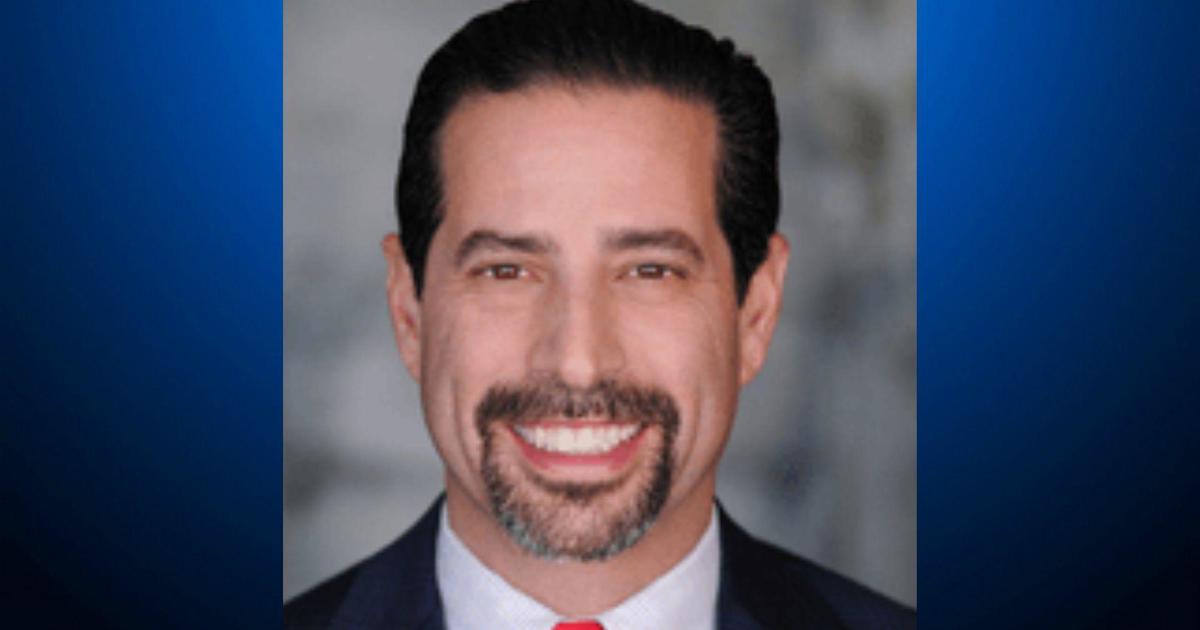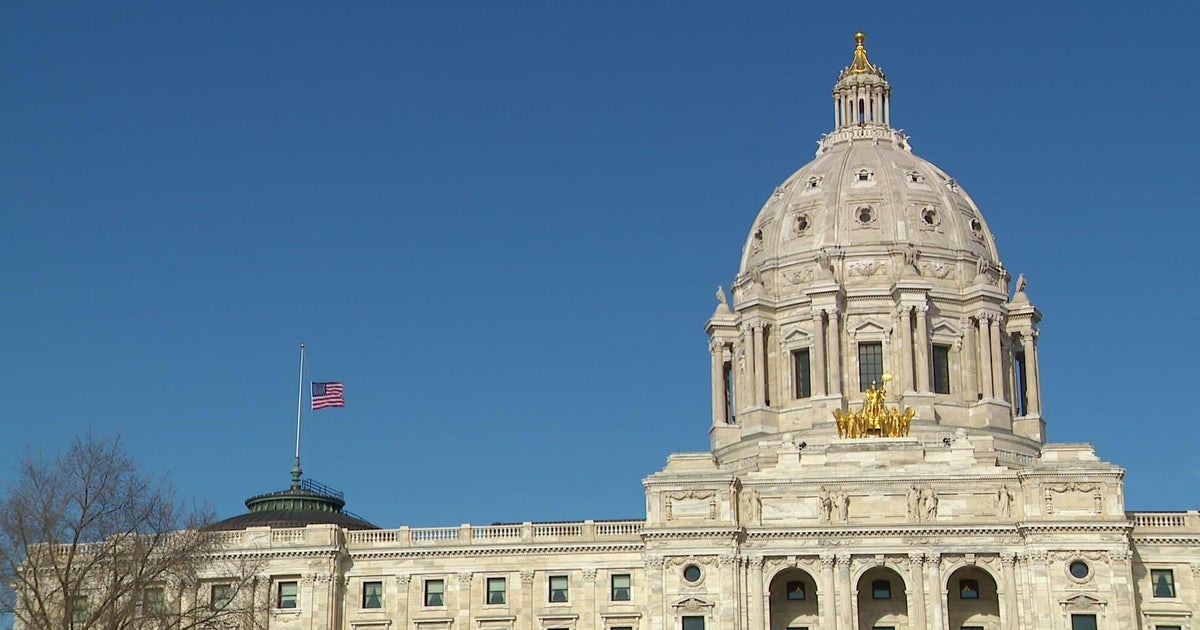Former Rep. Jason Chaffetz's seat won by former Provo mayor
Republican John Curtis became Utah's newest member of Congress by easily winning Tuesday's special election to replace Rep. Jason Chaffetz in a heavily GOP district.
Now comes the hard part.
Curtis, the mayor of the Mormon stronghold of Provo, will have to immediately learn the ropes of a divided Congress searching for a legislative victory while continuing fundraising and mapping out a way to win the seat again next year.
Curtis was only elected to fill the final year of Chaffetz's term. He's expected to be sworn in quickly as Republicans controlling the U.S. House hope to tackle an ambitious agenda before year's end.
The 57-year-old will inherit the former Republican congressman's struggle between supporting the head of his party, President Donald Trump, while responding to and distancing himself from controversies surrounding the president.
In his victory speech Tuesday night to a packed Provo hotel ballroom, Curtis acknowledged that voters are worried about gun violence, the direction the country is going and a "lack of civility," and pledged to be a unifier.
"We need bridge builders, not bomb throwers," said Curtis, who by about 30 percentage points, according to unofficial results.
His predecessor, Chaffetz, was known during his eight years in Congress for his persistent investigations into Democrat Hillary Clinton.
Chaffetz resigned at the end of June, citing a "mid-life crisis" and desire to spend more time with family. He quickly became a paid Fox News contributor, leaving behind an enticing open seat that initially attracted more than 20 candidates.
Curtis became his party's nominee after a tough primary where he faced suspicion from his party's conservative flank for having once been a Democrat. As he prepares to quickly run another campaign, he'll likely face a strong challenge from the right for his party's nomination.
His general election opponents, Democrat Kathryn Allen and third party candidate Jim Bennett, tried to challenge Curtis from the left and tie him to the president, whose brash personality and comments about women and minorities garnered him a lukewarm reception in Utah last year.
Curtis, who has said significant moral concerns that kept him from voting for Trump last year, took a different tone Tuesday than the president.
"If you're not white, Mormon or male, I am still here for you," said Curtis, 57. "Those who know me best know that it doesn't matter if you're 9 or 90, rich or poor, gay or straight, Mormon or atheist, Navajo or Caucasian."
Curtis, who ran a shooting range business before becoming Provo's mayor, has still said he supports the president's agenda and used Trump refrains to "build the wall" and "drain the swamp."
Ada Wilson, a 59-year-old homemaker from Orem and a Republican, said she liked Bennett's principles but voted for Curtis because he can "play the part that he needs to play in Congress and among his peers."
"He just presents himself well and is moderate enough that he can work with people of both parties," Wilson said.
The congressional district, which has five registered Republicans for every registered Democrat, stretches from several Salt Lake City suburbs and ski towns southeast to Provo, coal country and the tourist-heavy red rock deserts.
Allen originally planned to challenge Chaffetz for the seat, raising roughly half a million dollars after seizing on Chaffetz's comments suggesting people should spend their money on health insurance instead of iPhones.
Chaffetz's exit and Curtis' ascension stalled Allen's fundraising and left little chance for a Democrat victory in the deeply red district.
Allen, a family physician, told The Associated Press that when she called to congratulate Curtis on Tuesday, she told him she hopes he has the courage to stand up to Trump when necessary.
Allen said Curtis told her to call him on it if he fails.
Bennett, the son of a longtime U.S. Sen. Bob Bennett who was ousted in a 2010 tea-party wave, ran as the first candidate of a new centrist political party he helped found, United Utah.
Jim Bennett left the Republican Party when Trump became its presidential candidate and sued Utah officials to win a place on the ballot this November.
He said in a statement emailed after the election that he intends to stay involved with the new party, which he believes has a bright future. Party chairman Richard Davis said the organization has become a "real force" in Utah politics in just a few months thanks to the message of "practical, not partisan."



